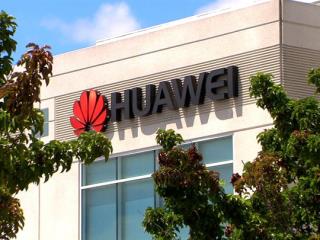by EBR
At the first meeting of the dialogue which took place on 21 November 2013, the two sides discussed ways to enhance cooperation on research and innovation and reconfirmed their commitment to innovation as a means of tackling social challenges and promoting sustainable growth.
“[The Innovation Dialogue] allows us to make substantial progress on how to add value to our production and how to best support our society’s creative forces,” European Commission President José Manuel Barroso stressed at the summit, which also marked the 10th anniversary of the strategic relationship between the EU and China.
Cooperation will namely cover key ICT developments such as 5G and the Internet of Things. Europe and China will also collaborate to lay the groundwork for the smart cities of the future, driven by ultrafast broadband and ubiquitous connectivity.
Both sides agreed that innovation has an important contribution to make to achieve sustainable development, and that effective protection of Intellectual Property Rights is crucial to support the effective deployment of innovative solutions. A Memorandum of Understanding (MoU) on IPR was signed during the summit.
In addition to intergovernmental talks, a number of platforms and mechanisms are in place to promote ongoing dialogue between Chinese and European stakeholders. An example of this is the Open China-ICT initiative, which organised events to foster debate on issues impacting the industry. At the final conference on 5 November, Huawei called for closer cooperation between the EU and China in the field of ICT.
Huawei believes that initiatives like these need to be complemented by concrete and timely action to realise the full potential of EU-China cooperation in these areas. As a leader in the ICT industry, it aims to contribute to EU-China cooperation by participating in the policy-shaping debate on the ICT sector in both Europe and China.
The second meeting of the Innovation Cooperation Dialogue will take place in Europe in 2014.




 By: N. Peter Kramer
By: N. Peter Kramer

